The Art of Diplomacy: How France Leverages its Cultural Assets
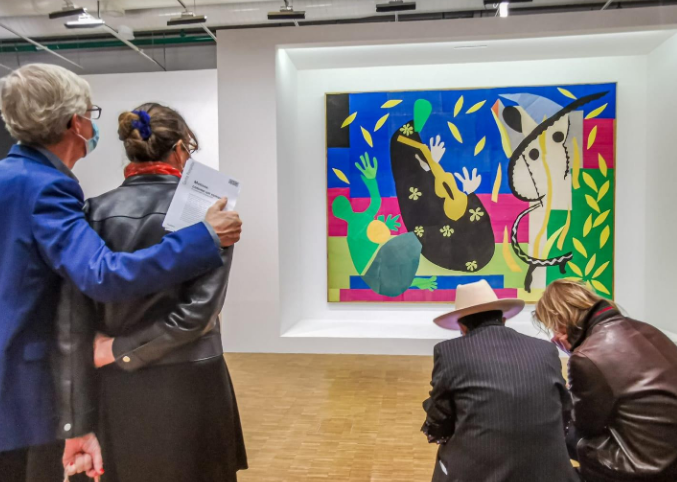
France, renowned for its unparalleled cultural heritage, has long understood the power of its artistic treasures as a diplomatic tool.
By Pamela Jackson
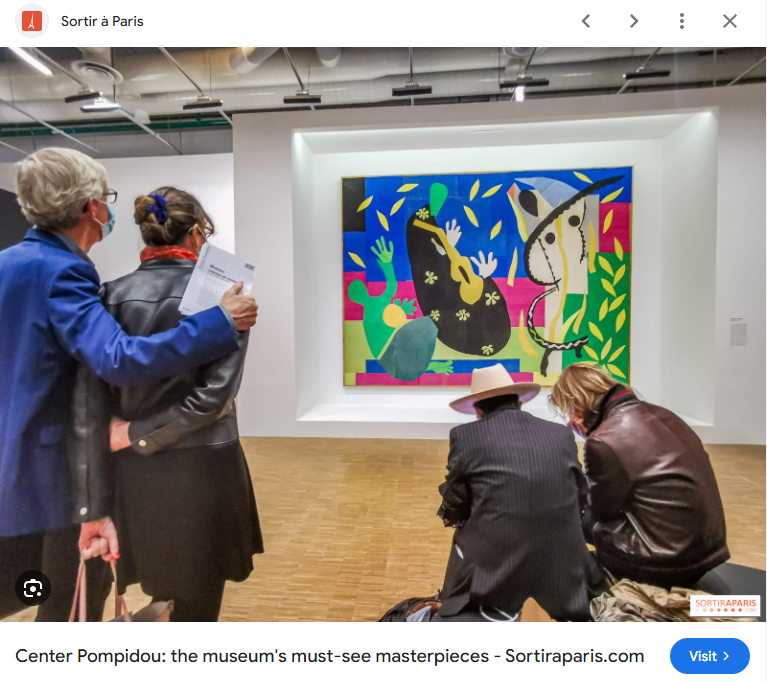
France, renowned for its unparalleled cultural heritage, has long understood the power of its artistic treasures as a diplomatic tool. From lending masterpieces to museums worldwide to hosting cultural festivals, France utilizes its cultural assets to foster international relations, build bridges, and cement its position as a leading cultural power.
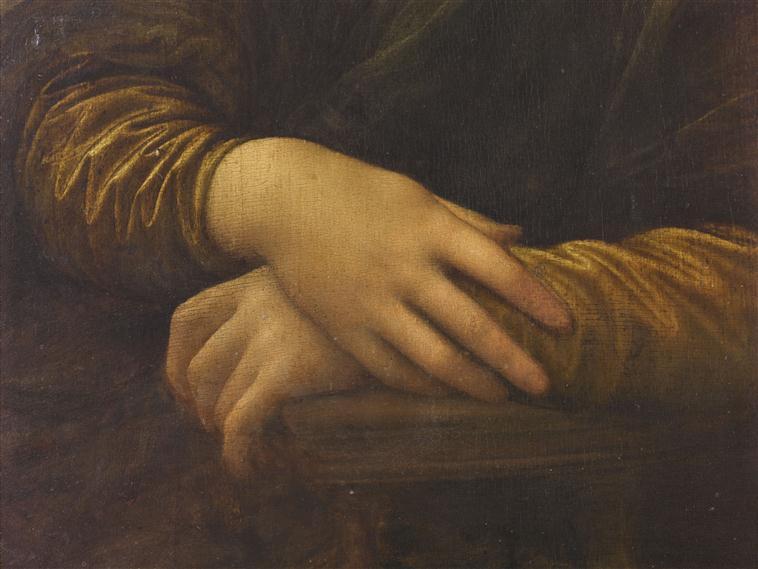
The Art of Exchange:
One of the most striking examples of France's cultural diplomacy is its extensive loan program. The Louvre, Musée d'Orsay, and other prestigious institutions routinely loan masterpieces to museums across the globe. These temporary exhibitions, often accompanied by educational programs and cultural exchanges, serve as powerful ambassadors, showcasing French artistic excellence and fostering cultural understanding.
This practice not only elevates the profile of recipient institutions but also strengthens diplomatic ties with partner countries. It is a tangible demonstration of cultural collaboration and a testament to France's commitment to international cooperation.
Beyond the Canvas:
France's cultural diplomacy extends beyond the realm of fine art. The nation actively promotes its diverse cultural offerings, including music, dance, theater, and literature, through festivals, exhibitions, and cultural exchanges. The "French Weeks" program, for example, brings together artists and cultural institutions from different countries to showcase French culture in a variety of formats.
This commitment to cultural exchange not only promotes appreciation for French art and culture but also strengthens diplomatic ties by fostering meaningful dialogue and understanding between nations.
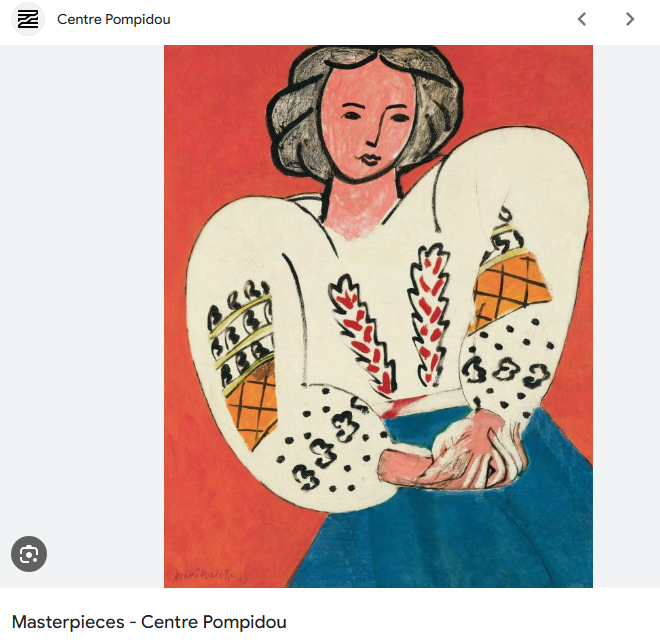
A Soft Power Strategy:
France's strategic use of its cultural assets can be seen as a form of "soft power" – a persuasive approach to international relations that relies on cultural influence rather than military or economic might. By showcasing its cultural treasures and promoting its artistic traditions, France projects an image of cultural sophistication and dynamism, enhancing its international standing and attracting global attention.
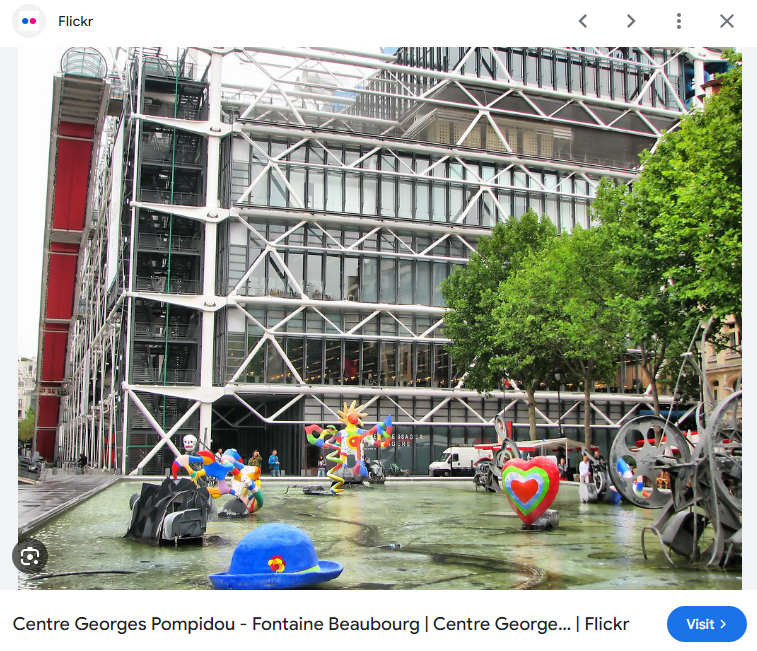
Challenges and Opportunities:
Despite its impressive track record, French cultural diplomacy faces challenges. The increasing demand for loans from major museums, coupled with concerns about the safety and condition of artworks during transport, necessitate careful consideration and strategic decision-making.
However, the digital age also presents new opportunities for cultural diplomacy. Online platforms and virtual exhibitions allow for wider dissemination of French cultural heritage, reaching audiences far beyond traditional venues.
Conclusion:
France's commitment to cultural diplomacy is a testament to the enduring power of art and culture as tools for international dialogue and understanding. By strategically leveraging its cultural assets, France builds bridges, fosters cultural exchange, and strengthens its position as a global cultural leader. As the world becomes increasingly interconnected, the role of culture in diplomacy is likely to grow, making France's approach a model for other nations seeking to harness the power of art for the greater good.